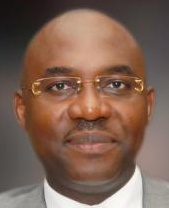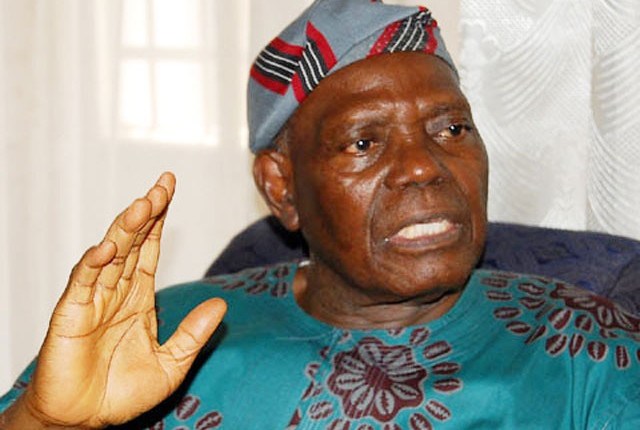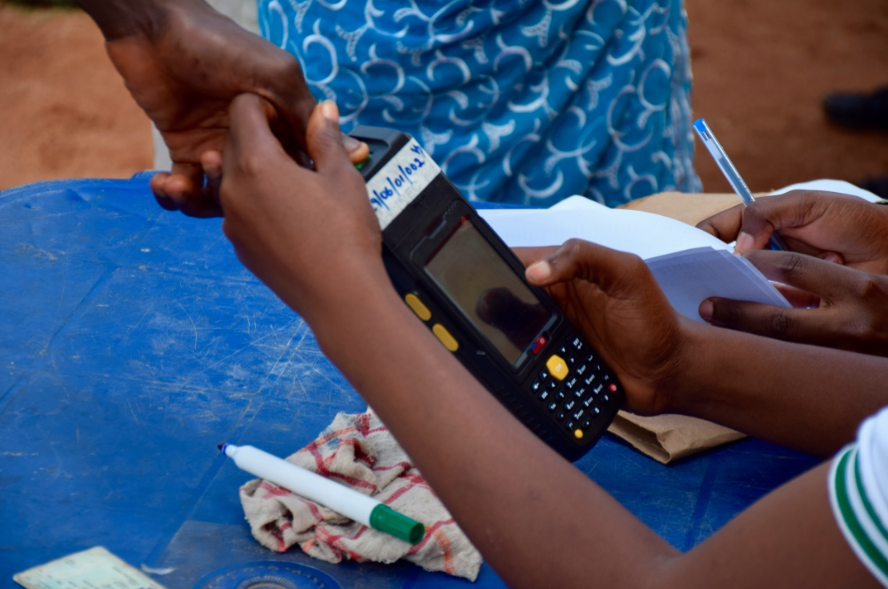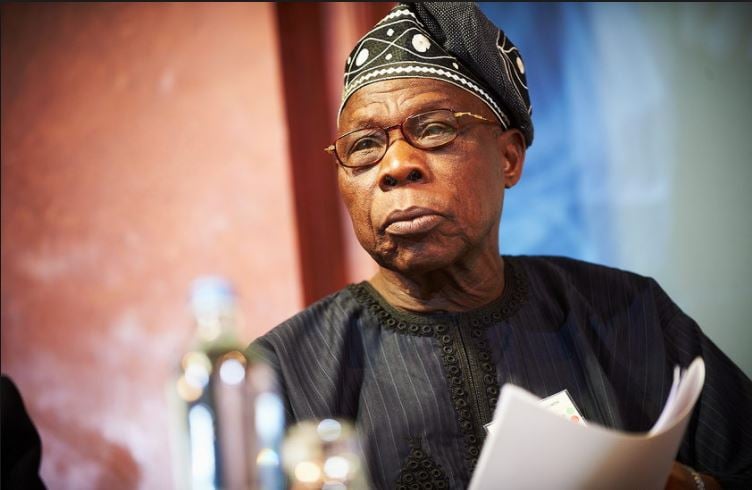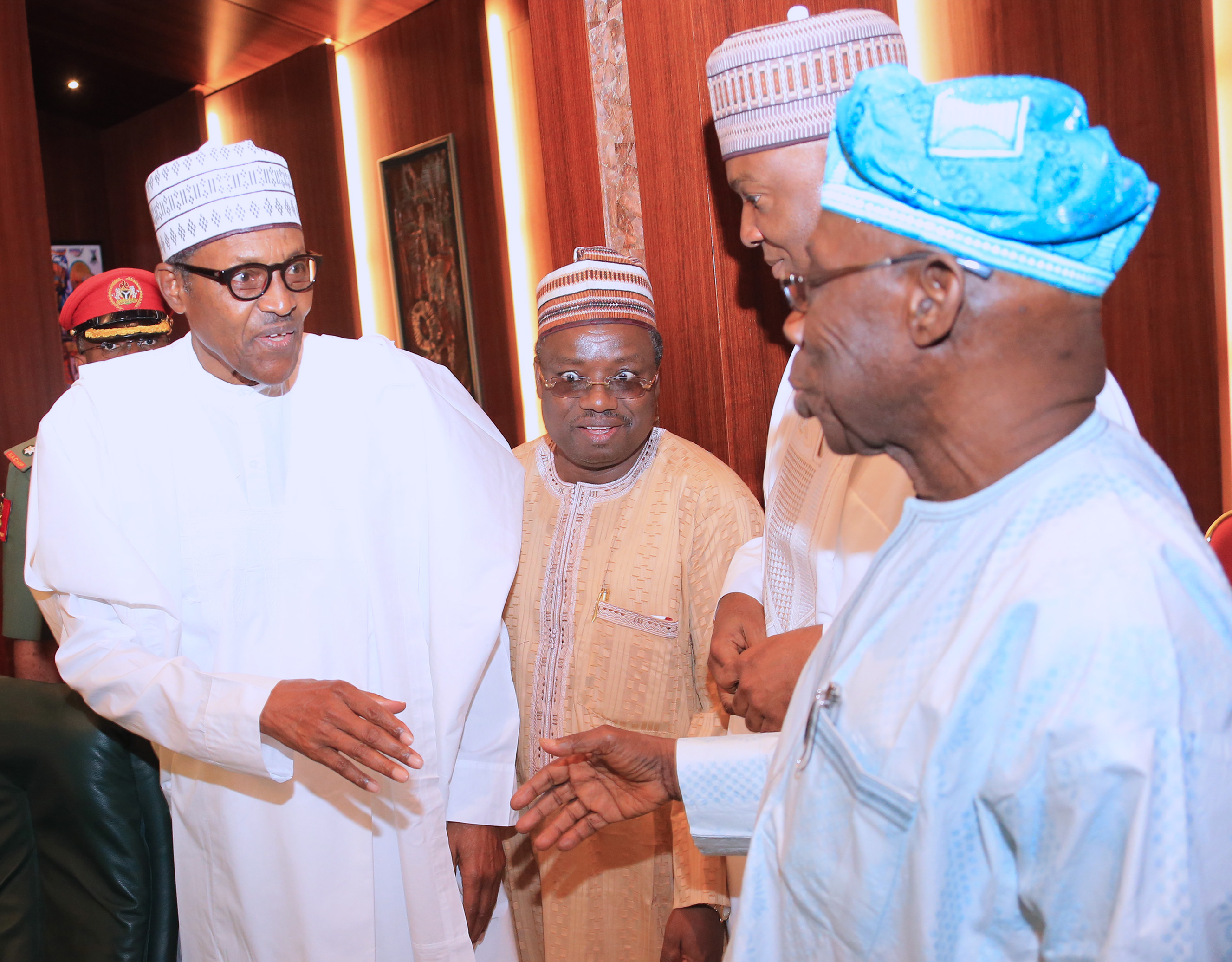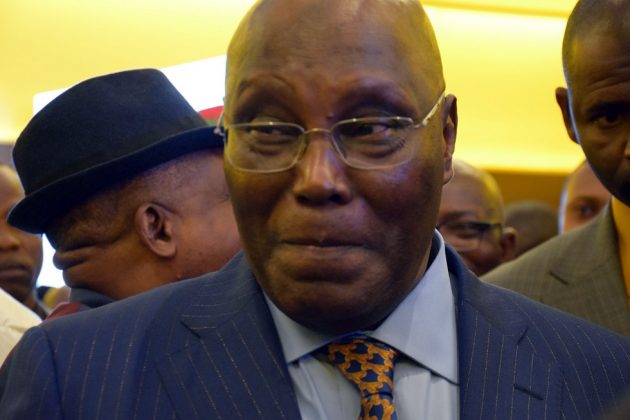It appeared odd, if not outright farcical. Reappearing after disappearing briefly from the dinning-table that memorable morning in 2001, the steward miraculously produced a medium jar of Milo, to the culinary relief of the choosy one among the guests.
Not until our chief host casually waved off the chef who had tried to tender the change from the little grocery shopping did it become clear to some of us why Chief Bisi Akande had momentarily been distracted from the hearty banter earlier as he gave out some bank notes from his pocket for an errand obviously intended to be discreet.
Actually, one of the visiting editors would prefer beverage drink to the Lipton tea available for breakfast. It happened that such “indulgent” brew was not normally served at the governor’s table at the Osogbo White House then, reflecting his abstemious taste.
On noticing the abstention at the other end of table from the feasting going on, Baba Akande, long famous for his disdain for protocols, beckoned the waiter and simply mobilized him from the pocket of his trademark “danshiki” to do the needful just across the road outside the Government House, rather than show off power to the august guests by summoning the whole department supervisor, lest he ended up making a big ceremony of a simple matter.
Advertisement
Fleeting as the foregoing drama might appear, it typified the culture of frugality Osun State would know after Akande was sworn in as the second elected governor in 1999.
Such virtue is surely now a rarity in high places in Nigeria as extravagance is commonly glorified instead of modesty, debauchery preferred by those of whom chastity is expected.
As Baba Akande then joins the octogenarian club, there can be no better moment to pause and reflect on an exemplary life, whose cocktail of trials and triumphs truly inspires, a reminder that politics is at its noblest when guided by high principle.
Advertisement
Today, on account of the prevalence of political “cross-breeding” of the past three decades in the South-West in which actors often switch parties and forswear allegiance with the unpredictability only matched by the fabled volatility of British weather, the term “Awoist” clearly now bears different meanings.
Well, let it be first acknowledged that it is within the perimeter of liberty by mutants to lay claims. A fact already conceded by the sage himself. While offering clarification on the prospects of immortality, Awolowo had famously declared those who could truly be called “Awoists” in future would not necessarily be those related to him by blood or old association, but by shared values.
So, if Awoism could be defined in broad terms as a fierce fidelity to a progressive ideology, stubborn resolve against compromising principle however the temptation, and that unquestioning loyalty to the cause of friendship as exemplified by the very literal meaning of “Afenifere”, then Baba Akande could perhaps rightly be described today as Awo’s last general standing in more than one way.
Indeed, the referenced mission to Osogbo that fateful weekend in 2001 was more of fact-finding. Osun had been engulfed by a debilitating industrial crisis. Workers wanted higher wage. Akande, in turn, opened the books to show that the state’s meager earnings could not fund the raise the labour wanted.
Advertisement
As tension swirled around the province of the fabled “living spring”, a homeboy who happened to be a senior journalist decided to weigh in, perhaps as a civic contribution to his troubled homeland in search of solution. Drawing on “professional solidarity”, he pressed this writer as THISDAY editor then and a few other newspaper editors to visit from Lagos to not only engage the governor directly but also have a first-hand feel of Osun reality with a view to better understanding the raging crisis.
So, for more than two hours, we literally grilled the governor in a brutally frank exchange in which no hard punch was spared. Like a seasoned matador, Baba Akande took all the darts, not dodging any, sometimes resorting to native humour to explain his difficulties.
From that frank conversation, his position was unambiguous: the only option available to meet the workers’ demand then was to go on borrowing spree. To him, that was unthinkable on ethical grounds. It simply meant stealing from the unborn generation.
There were a few other things he also could not contemplate, out of ideological fidelity to welfarist values. One of which was the bias for social spending in form of free and compulsory education to Osun children so much that between 1999 and 2001, a colossal N522.85m had been spent as subsidy on education. The magnitude is better appreciated considering that Osun’s entire annual budget then was a few billions of Naira.
Advertisement
Expectedly, before leaving town, we visited a number of projects being undertaken by Akande including the construction and furnishing of hundreds of modern classrooms to meet the inherited huge deficit at both primary and secondary levels.
Leaving Osun two days later, one could not but now see Akande and the Osun impasse in two inter-related lights. One was the uncommon fortitude he brought to bear in defending Awo’s core value – free education as a tool to fostering an egalitarian society. Second was the dialectical crisis arising from the former. Osun’s fiscal failure spoke, in turn, directly to the crisis of federalism in Nigeria. Indeed, the state, like most others across the Nigeria, would only continue to manage poverty, given the prevailing queer federal architecture.
Advertisement
For instance, studies confirm that Ilesha is rich in gold. But Nigeria’s own warped federalism forbids states from exploiting the riches of their soil to better themsleves. Everyone is made to forfeit ownership to a buccaneering Leviathan at the centre which, in turn, dispenses crumbs to the federating units by a principle that glorifies predation than production.
So, the gripping irony: even though living by the river, the proverbial swamp-dweller is left to die of thirst.
Advertisement
The enduring fiscal crisis can hardly be divorced from one grave oversight at the founding of the present Republic, however. By 1999, the nation had clearly grown weary of military occupation and appeared too impatient to see the back of the now discredited generals to have had the presence of mind to detect before hand that the working document handed down as chart for the democracy voyage ahead was, at best, faulty.
Once the euphoria petered out, disillusionment naturally set in. So, barons of Alliance for Democracy like Akande contemplating the imposition of a progressive agenda soon found they were a minority pitched against ruthless conservative forces, fiercely committed to preserving the existing predatory order at the centre.
Advertisement
In hindsight, it would perhaps not be too harsh now to accuse the early optimists of sheer naivety in trusting Obasanjo too much on account of merely professing being “born-again democrat” and expecting a fulfillment of the inaugural promise to consider structural change.
But adapting military stratagem of ambush for a purely civil outcome, OBJ would intensify such lip-service to seduce the grandees of the progressive community in South-west into lowering their guard at home until they were routed electorally in one fell swoop in 2003.
Alas, the newly politically displaced would realize too late that the hyena remains and acts like the hyena, regardless of the fancy apparel deployed as disguise.
Ironically, that electoral defeat of 2003 would now appear Akande’s own defining moment. Others would have willingly entered into any deal to secure comfort, however temporary. But Akande was not ready to compromise his principle of prudence and accountability. Not even OBJ, the eternal narcissist, would fail to admit Akande’s honesty in a rare acknowledgement of good in any human being other than himself.
While fielding questions a year after PDP’s historic capture of South-West (except Lagos), he said: “Chief Bisi Akande of Osun State is the only governor whose integrity I can vouch for.”
But honesty is only one of the qualities that set Akande apart. Equally discernible in his political odyssey is the virtue of consistency – a rarity in a political environment where folks would trade honour and betray associates just for mere accommodation by anyone in power.
Rather than be tamed, he parlayed that political adversity to an opportunity to rededicate himself to the advocacy of progressive values.
Not surprising, his has since remained a trenchant voice for a return to fiscal federalism as originally conceived by the 1960 constitution as the most sustainable prescription for equity and justice in the increasingly conflicted Nigerian family.
A true measure of character is said to be where an actor stands in the season of moral crisis. Nigeria’s 90s was undoubtedly defined by the popular resistance of military despotism symbolized by June 12. When it was most perilous, Akande stood to be counted among those who valiantly fought the military.
By falling for the carrots dangled by IBB and Abacha, not a few Awoists would forfeit their own reputation. Those who returned from the dingy dalliance with the military during that momentous decade found themselves carrying mortal scar forever. They became enfeebled by emotional fracture arising from being estranged from old comrades, thus losing their voices in the civil space henceforth.
Also, the murk that permeated the Jonathan era would prove pestilential for some other Awoists of old. Ordinarily, being found in varying compromising positions with barons of the then presiding conservative party would be enough political heresy already. With the details of how dollars meant to buy arms to fight Boko Haram was also generously shared in South-West ahead of the 2015 general elections by desperate Jonathan to buy support now public knowledge, many more have since become a bit more subtle in openly displaying their Awo cap in Yorubaland, more out of shame than self-restraint.
In their quiet moments today, those implicated in that abominable tryst must be feeling bitter regret, humbled by shame at being found to have toiled all their youth building a worthy name only to be caught in strange – if not seedy – company in their hoary days.
Coincidentally, it was in the same season that Akande’s political stock rose sharply. The titan from Ila-Orangun would undoubtedly go down in history as the man who as Interim Chairman inspired a broad coalition of progressives and some conservative rebels to unseat the ruling reactionary party in Nigeria in 2015.
Thus, Akande would seem to have fulfilled yet another of Awo’s old prophecies: “For the progressive to be in power they need the support and collaborations of some conservatives. After attaining power, the conservatives would on their own, walk away. The progressive would now build a great party that would move the nation forward.”
If we then remember the sordid circumstances under which likes of Atiku broke away from APC last year, we cannot but be in awe of the sage’s prescience.
No less compelling, therefore, is the need to also salute Akande’s abiding faithfulness as the last of Awo’s cavalrymen standing.
Views expressed by contributors are strictly personal and not of TheCable.
Add a comment
